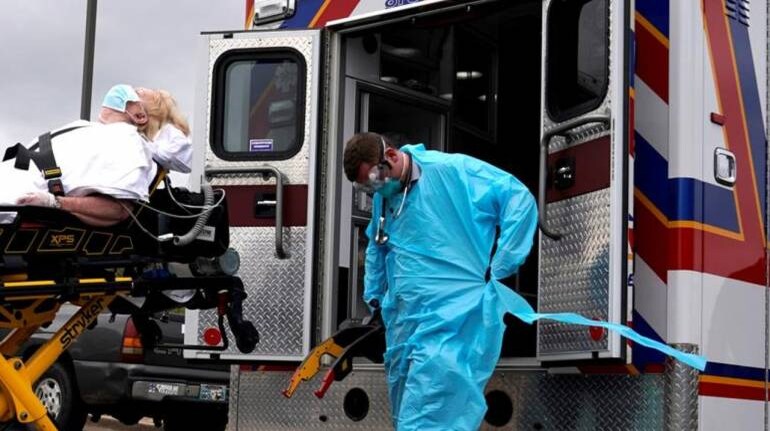



Insufficient interferon, a substance that helps orchestrate the body’s defence against viral pathogens, may be the reason some COVID-19 patients get very ill, a landmark study published in the journal Science on September 24, claims.
This impaired interferon response may be a dangerous turning point in infections of SARS-CoV-2, which causes COVID-19.
The scientific papers reveal that in a significant minority – about 14 percent - of seriously ill COVID-19 patients, the interferon response was crippled by genetic flaws or by rogue antibodies that attacked the interferon itself.
‘Type I’ interferons are made by cells in the body and are key to any antiviral battle in early stages of an infection. These interferons launch a quick and intense local response against the virus. They trigger infected cells to produce proteins which attack the virus.
Interferons also call in immune cells and alert uninfected cells close by to prepare their defences.
The study has practical implications. According to a report by Science magazine, synthetic interferons, which have been used to treat other diseases, may help some at-risk patients.
Elina Zuniga, an immunologist who studies interferons at the University of California, San Diego, told the magazine that people found to be at high risk of developing severe COVID- 19 could take more precautions and could be prioritised for vaccination, when available.
Discover the latest Business News, Sensex, and Nifty updates. Obtain Personal Finance insights, tax queries, and expert opinions on Moneycontrol or download the Moneycontrol App to stay updated!
Find the best of Al News in one place, specially curated for you every weekend.
Stay on top of the latest tech trends and biggest startup news.